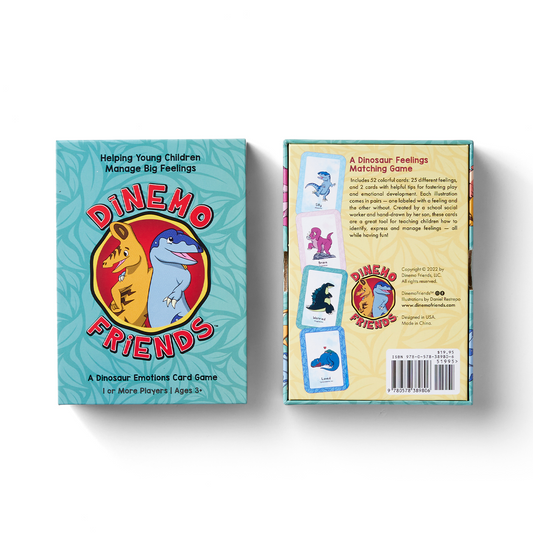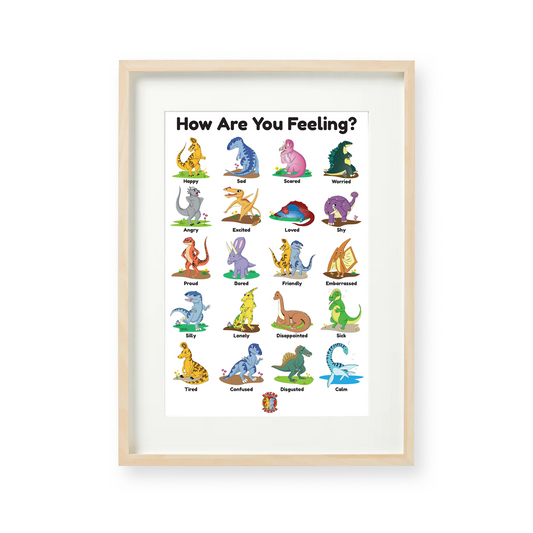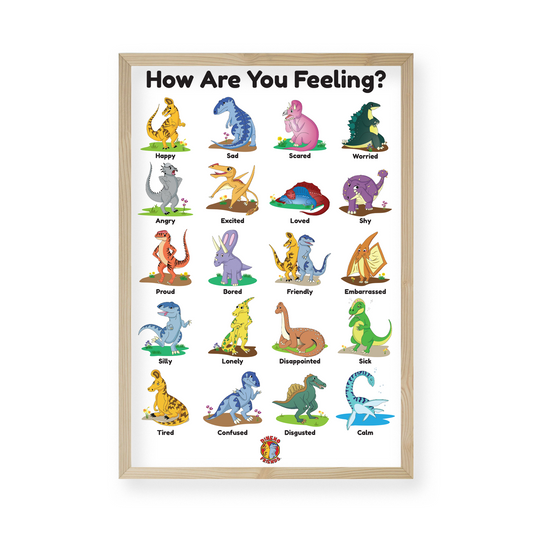Helping Children Before an Event
It happens to all of us.
A while back I spent the day on a fishing boat with 2 families with children who were celebrating one of the children’s birthdays. The child who was turning nine, had been excited for weeks about this special birthday party. However, when it was time to walk to the dock, the birthday boy became overwhelmed and then surprised when his feelings of happiness turned to nervousness, which he described as feeling scared. Most of us can remember a time like this when excitement and anticipation turned into worry and apprehension. We worry about how things will ultimately turn out even though most of the time, mixed feelings pass, and things turn out just fine. It just takes patience and practice to learn how to navigate the sea of mixed feelings.
Talk about this happening before it does.
Without introducing any particular feelings that you think your child might have, talk to your child about what they can expect before a new event. Give children clear expectations about the order of events and provide information such as who will be there and what it might be like. Invite them to talk about what they are looking forward to. Give them an idea when and how an event will end. Remind them that you will be there and are looking forward to the event too.
Help children identify the feelings and why.
When children are going through a time of mixed emotions, invite them to identify feelings by talking about them or by pointing them out on a feelings poster or feelings cards. Sometimes just pointing out the feelings helps a child begin to feel they can manage the feeling.
"Remind children that they can take their deep breaths when they are feeling mixed emotions"
Find a way to calm.
Remind children that they can take their deep breaths when they are feeling mixed emotions. Practice breathing in through your nose like you are smelling a flower and exhale out like you are blowing out a candle. Breath 3 times with them. Taking deep breaths before or after identifying feelings can help children calm their minds and help subdue overwhelming feelings. Over time, children can learn to do this independently.
Lastly, notice the process out loud for your child when it is over. You can say, “that was hard at first, but you pulled yourself through!” or: “You had lots of feelings at one time, but you were able to talk about them.” The effort you and your child put in together to get through mixed emotions before an event is just as important as the result. Celebrate the journey as well as the destination.





